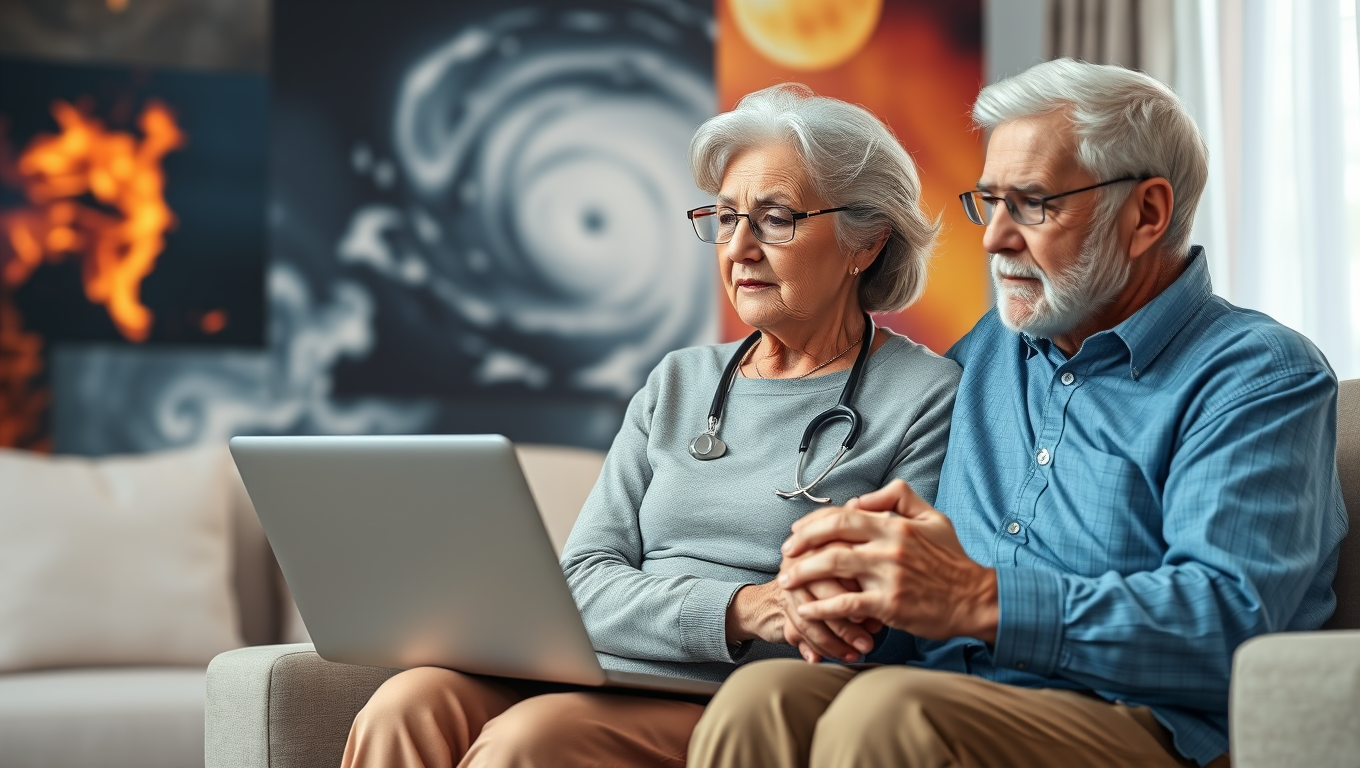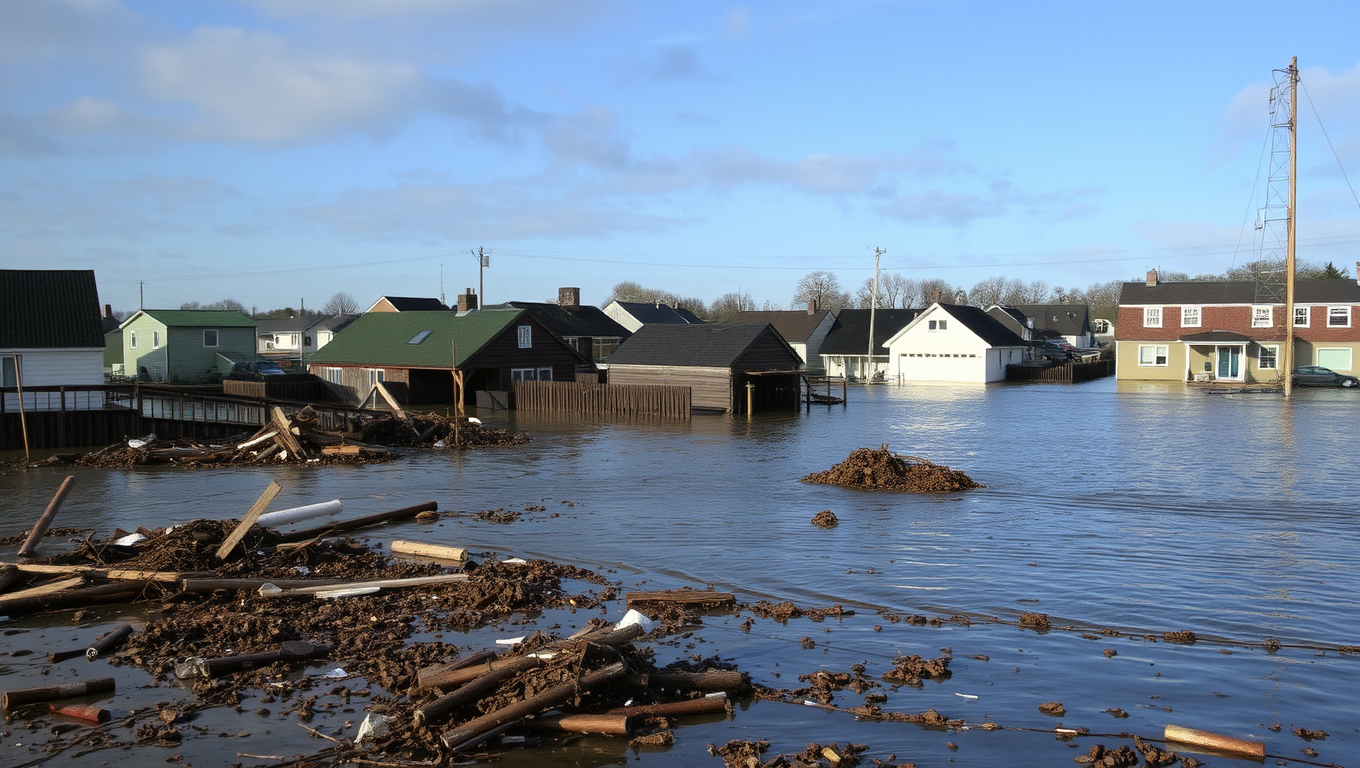While we try to keep things accurate, this content is part of an ongoing experiment and may not always be reliable.
Please double-check important details — we’re not responsible for how the information is used.
Disaster Plan
Older Adults’ Concerns About Climate Change and Health: A Wake-Up Call for Preparedness
Nearly 3 out of every 4 older Americans have experienced at least one extreme weather event in the last two years, a poll finds. And living through such an event appears to make a big difference in how they view the potential impact of climate change on their health. People over 50 who recently experienced an extreme weather event are far more likely to express concern about the effects of climate change on their health.

Disaster Plan
“Unraveling Ancient Secrets: Indian DNA Holds Clues to Neanderthal Genome”
India’s complex ancestry—intertwined with Iranian farmers, Steppe herders, and local hunter-gatherers—has now been decoded through genomic data from 2,762 people. The study uncovers surprising levels of Neanderthal and Denisovan DNA, and how ancient migrations and community traditions have shaped today’s genetic diversity and disease risks.
Disaster Plan
Coastal Flooding on the Rise: Study Reveals Frequency and Duration of Floods are Greater Than Estimated
Flooding in coastal communities is happening far more often than previously thought, according to a new study. The study also found major flaws with the widely used approach of using marine water level data to capture instances of flooding.
Climate
Hurricane Woes: Southeastern U.S. Homeowners Face 76% Higher Wind-Related Losses by 2060
Hurricane winds are a major contributor to storm-related losses for people living in the southeastern coastal states. As the global temperature continues to rise, scientists predict that hurricanes will get more destructive — packing higher winds and torrential rainfall. A new study projects that wind losses for homeowners in the Southeastern coastal states could be 76 percent higher by the year 2060 and 102 percent higher by 2100.
-

 Detectors3 months ago
Detectors3 months agoA New Horizon for Vision: How Gold Nanoparticles May Restore People’s Sight
-

 Earth & Climate4 months ago
Earth & Climate4 months agoRetiring Abroad Can Be Lonely Business
-

 Cancer4 months ago
Cancer4 months agoRevolutionizing Quantum Communication: Direct Connections Between Multiple Processors
-

 Agriculture and Food4 months ago
Agriculture and Food4 months ago“A Sustainable Solution: Researchers Create Hybrid Cheese with 25% Pea Protein”
-

 Diseases and Conditions4 months ago
Diseases and Conditions4 months agoReducing Falls Among Elderly Women with Polypharmacy through Exercise Intervention
-

 Albert Einstein4 months ago
Albert Einstein4 months agoHarnessing Water Waves: A Breakthrough in Controlling Floating Objects
-

 Chemistry4 months ago
Chemistry4 months ago“Unveiling Hidden Patterns: A New Twist on Interference Phenomena”
-

 Earth & Climate4 months ago
Earth & Climate4 months agoHousehold Electricity Three Times More Expensive Than Upcoming ‘Eco-Friendly’ Aviation E-Fuels, Study Reveals





























